THE DINNER TABLE: Heart-to-Heart Conversations
An elderly woman, Shanti Devi, who lost two of her sons in a shootout by security personnel, resides alone in a Maoist-affected region of Chhattisgarh. This episode of The Dinner Table explores her story.
Ma Su and her family, Burmese refugees, have made Aizawl, Mizoram their home for the past several years after escaping Myanmar. She is one of nearly 40,000 Burmese refugees who have found refuge in Mizoram since the military coup in February 2021, many of whom are from the minority Chin Christian community. What drives these refugees to leave their homes? What kind of lives do they lead here, and what are their expectations of the local community? In this episode of The Dinner Table, host Harshita Rathore cooks a meal with Chin and Burmese refugees and sits down with them to share the meal while engaging in heart-to-heart conversations.
It's been over 16 months since ethnic violence erupted in the northeastern state of Manipur, involving the majority Meitei community and the Kuki-Zo tribes. The resulting divide is so severe that an unofficial border has effectively separated the two communities within the state. As the violence carries on, efforts by the state and central governments to resolve the crisis appear minimal, and the future remains uncertain. To gain insight into what lies ahead, host Harshita Rathore sat down for dinner with a Kuki-Zo leader, Dr. Chinkholal Thangsing, who heads the Kuki People’s Alliance. Affectionately known as Dr. Lal, he proposes a solution he believes could potentially lead to lasting peace.
Tenzin Lekshay is one of the 30,000 Tibetan refugees living in Mcleodganj town in the north Indian state of Himachal Pradesh. His family fled to India with the Dalai Lama, along with 80,000 other Tibetans, after a failed uprising in 1959. In his conversation with the host Harshita Rathore
Nirmal Kaur, a Sikh woman, was just 13 years old when she witnessed her father?s killing during an anti-Sikh massacre in 1984 after the then Indian Prime Minister Indira Gandhi was assassinated by her two Sikh bodyguards. Thirty-eight years later, the Kaurs continue to fight for justice.
Reena Kerketta, one of India’s 6.6 million tribal Christians, is recovering from a severe head injury she sustained after an attack in her home in the tribal-majority Khunti district in the eastern state of Jharkhand. Host Harshita Rathore visits the Kerkettas to explore what identity-based discrimination …
Jawahar Singh Jatav, one of the more than 160 million Dalit people in India, is still recovering from his injuries after he and his family were attacked for drinking water from a tap inside a temple in Rajasthan state?s Bharatpur area. Host Harshita Rathore visits the Jatavs…
Fleeing Kashmir in 1990, as over 70,000 other families did under threat from violence by Islamist militants, the Kaw family resettled in the northern India but they still miss their home. Host Harshita Rathore explores what identity-based discrimination and violence do to the minds and hearts of members of a community.
Nearly four years after their son was lynched for being Muslim, the Khan family in the northern state of Haryana struggles to cope with the grief while fighting for justice. Host Harshita Rathore explores what identity-based discrimination and violence do to the minds and hearts of members of a community.

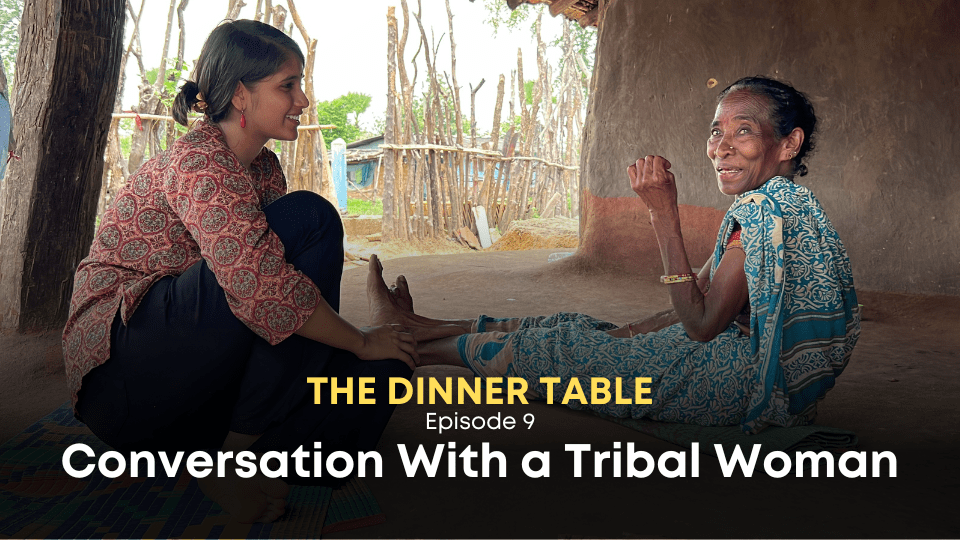
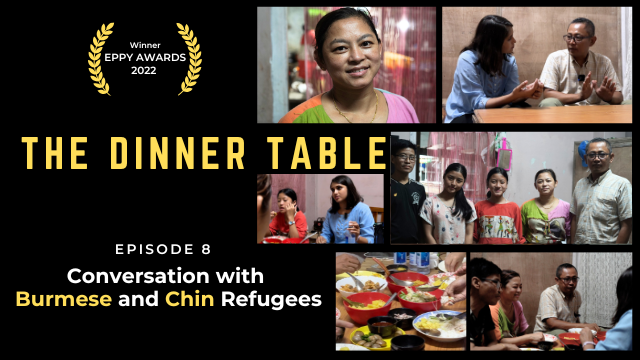
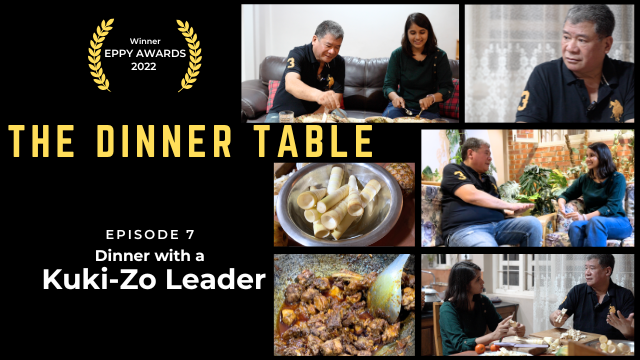
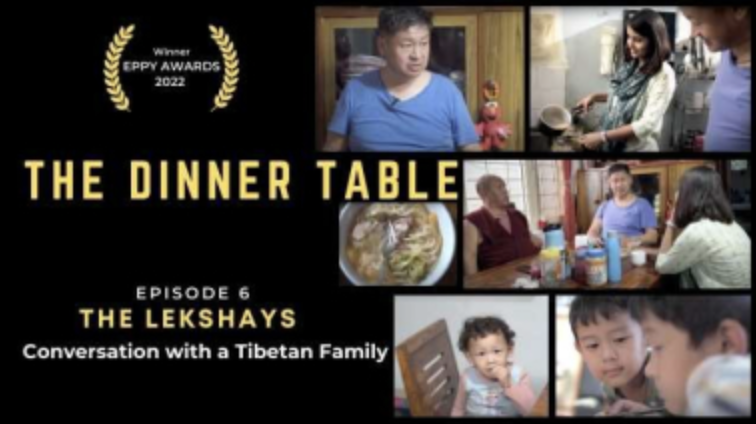
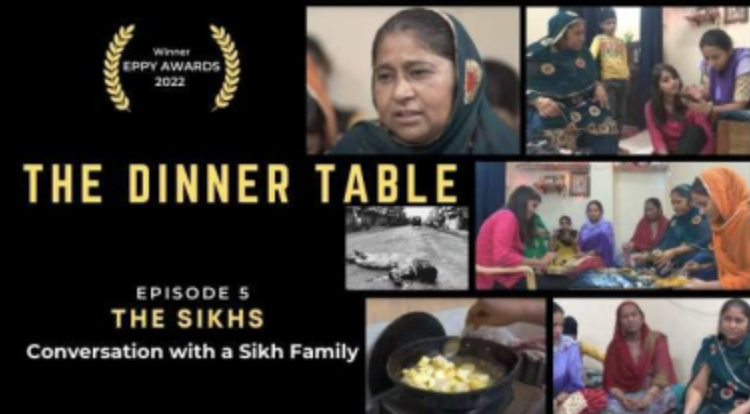
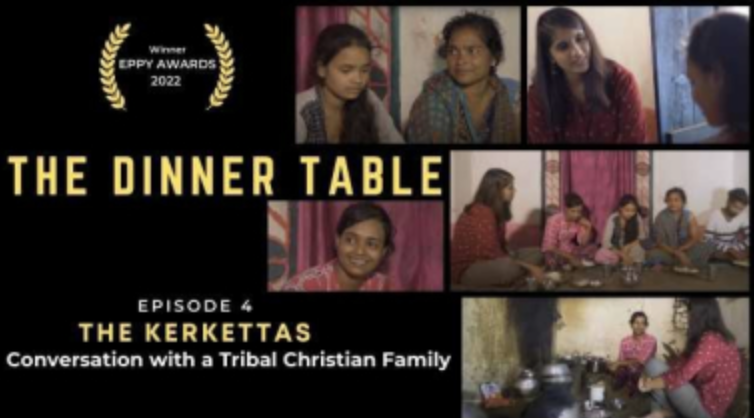
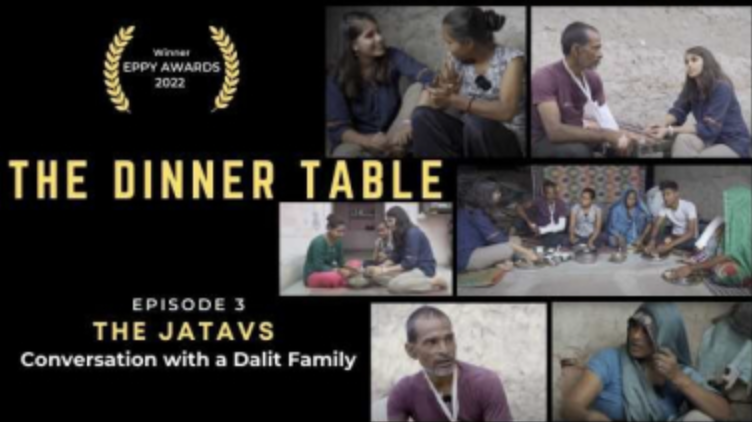
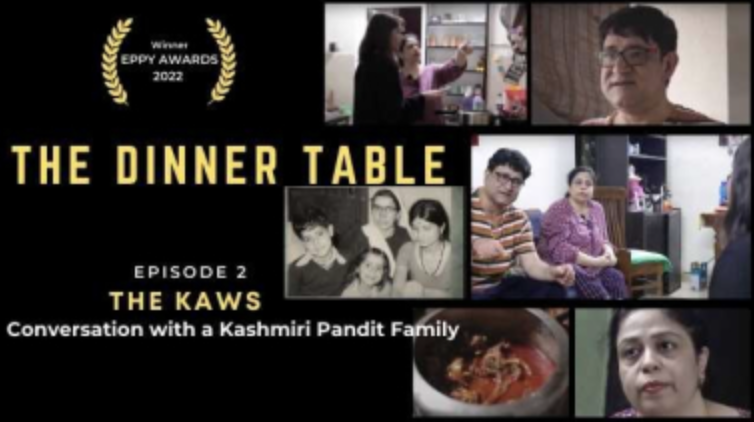
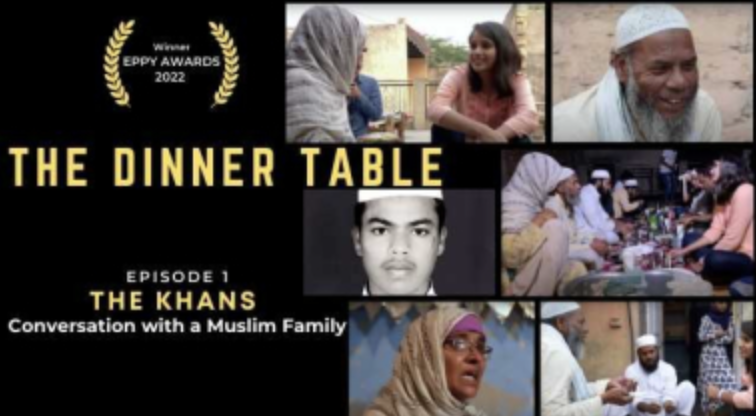
What do India’s persecuted communities go through behind closed doors? What happens when you sit across a dinner table and truly listen? Over the course of 9 powerful episodes, The Dinner Table, a docu-series by Newsreel Asia, brings together stories from communities who have long been silenced, sidelined, or targeted — simply for their identity, faith, or beliefs.